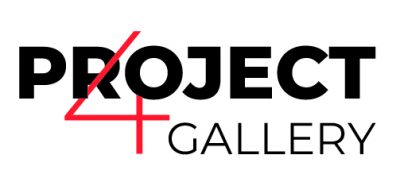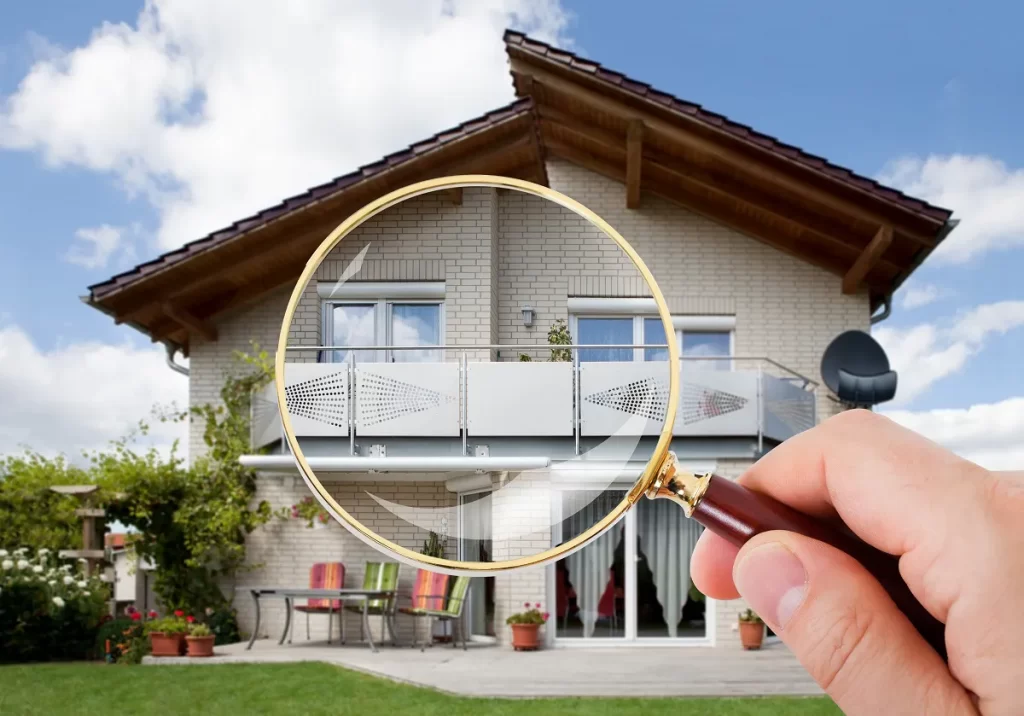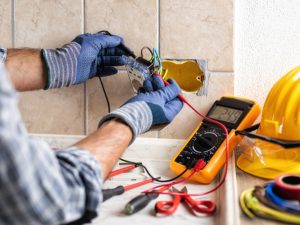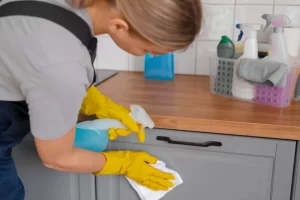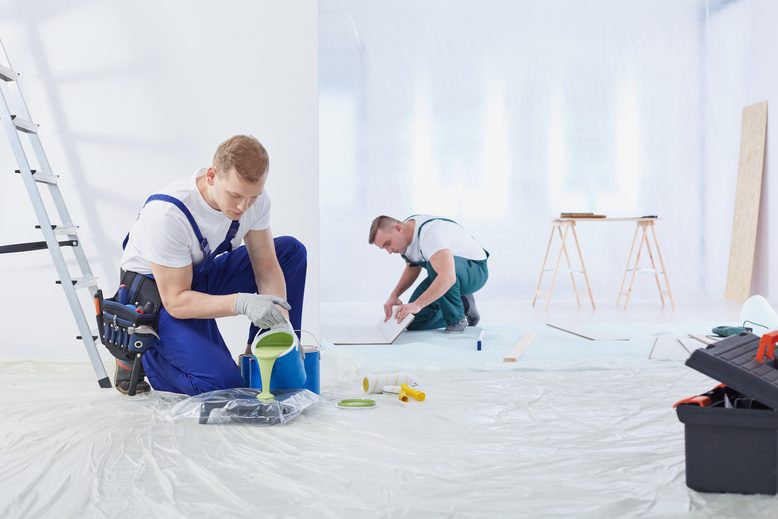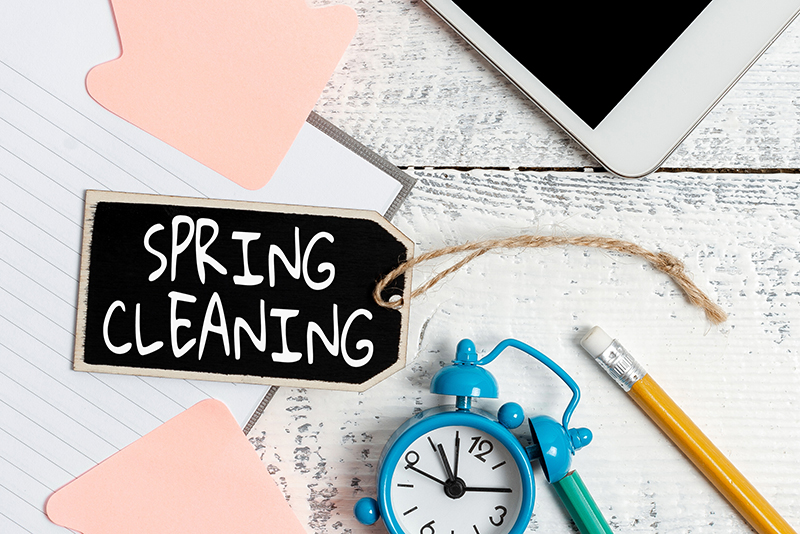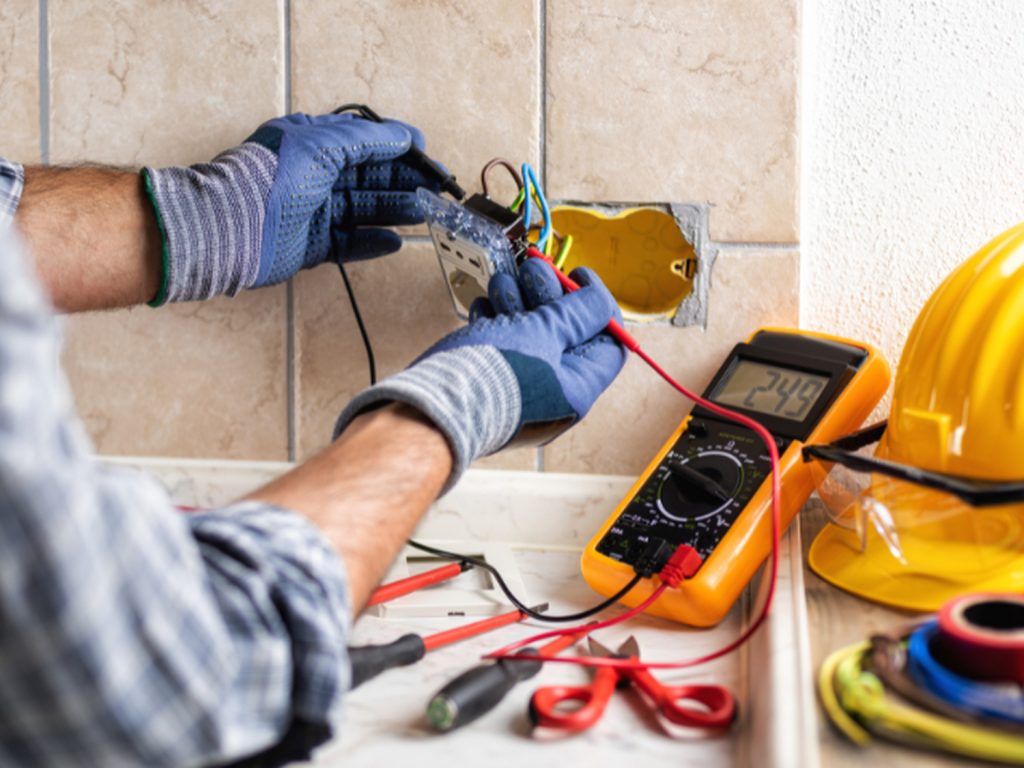It can be very exciting to buy a house. However, before you sign the papers to close on your home, you should have a home inspection cost assessment done. This will help you know as much as possible about your home and make sure you are open to potential problems.
It would be terrible for you to skip a home inspection, close on your house, and later find out that your home was a money pit and a drain on your energy and emotions.
Although home inspections may not be perfect, they are not designed to find every problem. However, they can provide valuable information about the condition of your new home and any potential problems.
This article will give you a quick overview of what a basic home inspection looks like, when it might be necessary to hire one, what you should look for when hiring one, and why you should hire a professional inspector. Then, we will give you a quick overview of the things a home inspector looks for and discuss how much it costs to inspect your house in Ontario.
What’s a general home inspection?
A general home inspection is what you would normally do before selling your home. It is a cost-effective way to find out about your home’s condition and identify any potential problems.
Sellers can leverage home inspections to learn what repairs potential buyers may request. This will give them an edge when they negotiate with potential buyers. A home inspector’s report can be used to help you address major problems before you sell your home. You can also leave minor repairs for buyers.
According to the American Society of Home Inspectors, a general inspection is defined as “an objective visual inspection of the physical structure of a house from the roof down to the foundation.”
A home inspector will provide a report that includes observations about the exterior of the home, its structural integrity, the functioning of appliances, the heating, ventilation and air conditioning (HVAC), systems, and their condition. This will vary depending on the temperature and time of the year.
A general home inspector will inspect the interior plumbing, electrical systems, roof, attic, visible insulation, ceilings and walls, as well as the doors, windows, doors, foundation, basement, crawl space, interior and exterior drainage, safety components, and structural elements. The next section will explain what a general home inspector looks for in a home inspection.
What should a general home inspector look for in a home inspection?
When inspecting a house, a general home inspector will look at these areas:
Exterior inspection (an inspector is going to be looking at these areas).
- Exterior
- Walls
- Foundation
- Grading
- Garage or carport (if available)
- Roof, attic, or chimney (if applicable).
- Exterior water drainage and water disbursement
- As applicable, waste systems (septic systems in rural areas or older homes)
- Porches, decks and patios
- Yard/Garden is applicable
- Wallcoverings
Interior inspection A home inspector will inspect the following areas:
- Plumbing
- Electric system
- Heating, Ventilation and Air Conditioning
- Systems (HVAC).
- Kitchen appliances
- Fire safety
- Bathrooms
- Lead paint
- Interior water drainage and water disbursement
- Flooring quality
- Noxious gases
- Doors and windows
- Basements and crawl spaces
- Ceilings
General home inspectors and general inspectors will not be looking for things like asbestos, radon and methane. You will also need to find out more about your roof and get a certification from a roofing company. This will cost more.
It is also important to remember that most general home inspectors don’t inspect sewer systems, waste systems, or septic systems. If you need to inspect your plumbing, sewage, or septic systems, you will need to hire an independent professional.
You can find out more about a Toronto home inspection cost and what home inspectors look for when performing a general inspection.
You can read our article to learn more about home inspections, and when they might be performed.
Why you should hire a professional home inspector
It is important to hire an independent qualified professional home inspector before closing on a property. You should not do your home inspection yourself.
You might be tempted to perform your home inspection to save money. You should hire a qualified, independent home inspector. Although you may think you’re an experienced inspector, you probably don’t have professional home inspectors’ knowledge and experience.
Home inspectors have the knowledge and experience to help you maintain your home and safety. Home inspectors are equipped with the knowledge and training to help them understand how each system and element works together and how they could fail.
Home buyers will struggle to remain objective and neutral about the house in question, especially if they love it. Home buyers’ inability to be objective and emotional about a home they have fallen in love would likely affect their judgement and make it difficult to get accurate information.
You should therefore hire a professional home inspector to inspect your home. They will give you an impartial opinion about the condition of your home. Sellers won’t accept a report or a home inspector’s findings from someone who isn’t a professional when you try to negotiate with them.
You should never have a family member, friend, or colleague inspect your home. Although it may seem like a great way of saving money on your home inspection, having someone offer to do it for you is not the best. Home inspections are an important part of your home and should not be taken lightly.
You will be able to get a more favorable outcome by hiring a qualified, independent home inspector who is familiar with inspecting your house. You will also have no recourse against a non-professional who inspects your home and misses any deficiencies or defects.
You will still need an impartial, independent professional home inspector to inspect your home, even if a friend, relative, or colleague offers to help.
This could lead to a potential conflict of interest if you have a relationship with the seller. The seller may not honor your repairs request or not believe your inspector’s report.
You will need to hire an independent professional home inspector for all the above reasons. You will feel more confident knowing that an independent professional will inspect your home. This will also increase your chances of getting the seller to accept your repairs requests.
Additionally, an independent professional can inspect your home and report any deficiencies. If they do not find them, you have more recourse than if someone else was doing the inspection.
It is important to understand that sellers won’t be open to negotiations with buyers until they have reviewed the report. This might not always be true. However, sellers may be more open to negotiating with buyers who find other defects or deficiencies in the report.
You should negotiate with the seller about major defects. Also, be careful when you submit repair requests. Don’t ask the seller to fix everything. You should instead ask the seller to fix major issues or give you money or a discount on sale price to allow you to correct any major problems found by a home inspector.
What to look for when hiring a home inspector.
If you’re looking for a home inspector to hire, you should make sure they are certified in their region, state, and/or province. You should note that only Alberta and British Columbia require home inspectors be certified. In other words: Depending on where you live, there may not be mandatory certification standards for home inspections.
You should consider hiring a local or national home inspector who is certified. Several home inspectors have chosen to be certified by the Canadian Association of Housing and Property Inspectors. If you live in Ontario, it is good to find a home inspector who has at least a certification from the Canadian Association of Housing and Property Inspectors.
What is the cost of home inspections in Ontario?
A general home inspection in Ontario can cost anywhere from $300 to $600. The cost of a general inspection depends on the type of home you have (apartment or condo, semi-detached home, townhouse, apartment), the location of your home, and the size of your home. If your home is larger than average, you should expect to pay more.
Depending on the scope of work done by your general home inspector, additional inspections may be necessary. You might also need to bring in other specialists to inspect other areas of your house. This could increase your costs.
Conclusion
This article will help you gain a better understanding of home inspections. It will also explain why they are important and what you can expect to spend to have your home inspected. You will also learn how to hire a home inspector. It can be very stressful to sell or buy a home. This is why you mustn’t take this decision lightly. When you buy a house, home inspections are done to protect you and give you as much information about the property.
If you’re a first-time buyer and have your new house inspected, you should be there. Your broker or real estate agent should accompany you to your home inspection. They can answer all your questions about the inspection and what the inspector says.
Home inspections are great for first-time homebuyers. You can learn a lot about the house, its condition, how to maintain it, what to do if any problems arise in the future, and anything that may need to be replaced.
